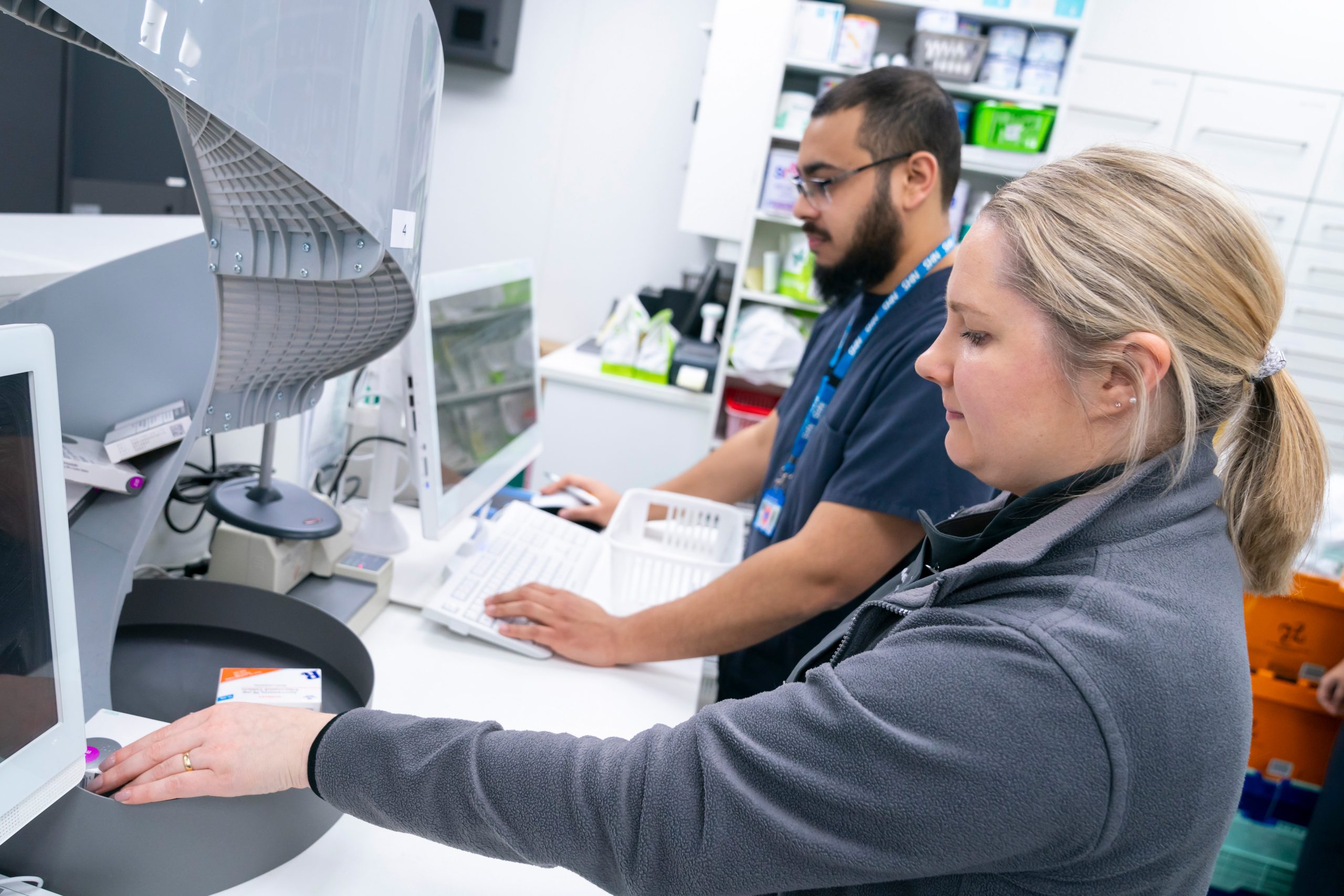“The roundtable events provide a great opportunity for organisations to come together and discuss practical ways we can work together to create real change. Together with our partners, we’re committed to promoting cultural change and providing resources like our ‘Embracing a Workplace Wellbeing Culture‘ course to support pharmacy leaders in fostering positive and supportive environments for their teams. We believe by working together as a group we can create a profession where everyone feels valued and supported.”
Amplifying reach and reviewing existing regulatory standards
Outcomes of the roundtable include collaborative efforts between RPS and GPhC to amplify the reach of the PS/RPS annual workforce wellbeing survey.
Additionally, commitments were made to review existing regulatory standards and promote those supportive of individual and team wellbeing.
Community Pharmacy England and the National Pharmacy Association also pledged to explore avenues for collaboration with Pharmacist Support to improve support for pharmacy managers, in recognition of the role they play in creating a positive workplace environment.
RPS Director for England James Davies, who participated at the roundtable for RPS, said:
“Our members continue to tell us about the challenging environments that they work in and the impact this is having on their wellbeing. This second roundtable report underscores the importance of ongoing collaboration and proactive measures to create a healthier and more supportive work environment.
“The constructive dialogue and collective commitment to action demonstrated by all organisations attending in advancing the wellbeing of pharmacy professionals was very encouraging.
“There’s no quick fix or magic bullet to solve this complex issue, but ongoing focus by organisations working collaboratively together can definitely make a difference.”
The organisations represented at the roundtable committed to reconvene in six months’ time to assess progress and identify further actions.

